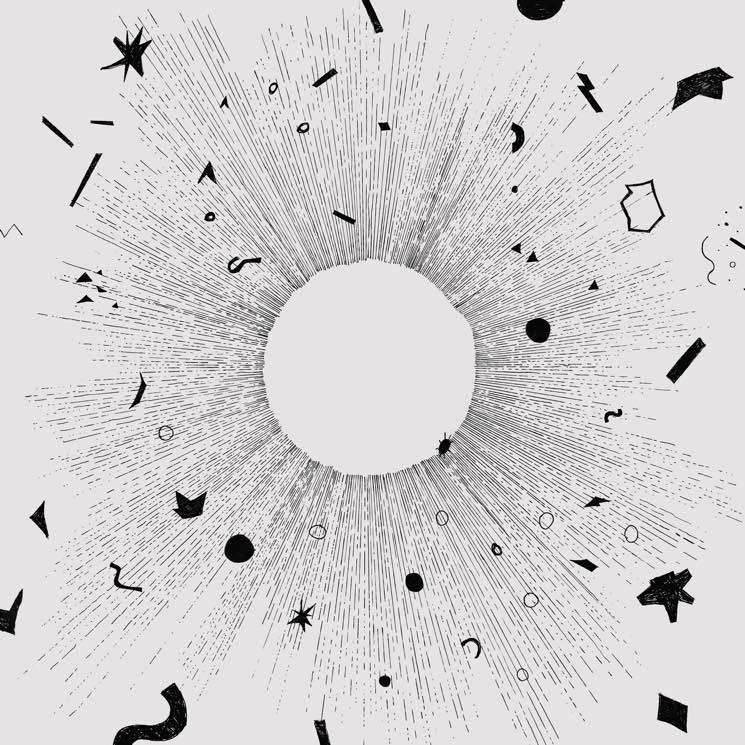Russian composer Dmitry Evgrafov has made a full-on quantum leap on his sixth album. Rather than advance in the path he'd already capably established, of experimenting with modest digital tools in the service of beautiful though fairly traditional piano-centric pieces, Evgrafov has re-emerged with such confidence and bold personality that Comprehension of Light feels like the work of a radically repositioned musical thinker.
The work here is rich in nuance and emotional depth, but what really sets it apart from his previous albums is the breadth and scope of these 12 pieces. Evgrafov's recent work in the film world can be heard in the deep swelling orchestration of proper opener "Tamas" and throughout the album. Everything is bigger, fuller and more harmonically varied, and in its grandest gestures, the melodic strength of tracks like "A Chance to Change," "Rootedness" and "First Crop" can proudly stand alongside the work of obvious influence and titan of the genre, Max Richter.
More than delivering on the promise of his potential, Evgrafov has firmly found his voice as a composer; Comprehension of Light should be the album that establishes him as a new major player in the modern classical sausage party field alongside the likes of Richter, Jóhann Jóhannsson, Dustin O'Halloran, Ben Lucas Boysen, Hauschka and Ólafur Arnalds.
(Fat Cat)The work here is rich in nuance and emotional depth, but what really sets it apart from his previous albums is the breadth and scope of these 12 pieces. Evgrafov's recent work in the film world can be heard in the deep swelling orchestration of proper opener "Tamas" and throughout the album. Everything is bigger, fuller and more harmonically varied, and in its grandest gestures, the melodic strength of tracks like "A Chance to Change," "Rootedness" and "First Crop" can proudly stand alongside the work of obvious influence and titan of the genre, Max Richter.
More than delivering on the promise of his potential, Evgrafov has firmly found his voice as a composer; Comprehension of Light should be the album that establishes him as a new major player in the modern classical sausage party field alongside the likes of Richter, Jóhann Jóhannsson, Dustin O'Halloran, Ben Lucas Boysen, Hauschka and Ólafur Arnalds.
